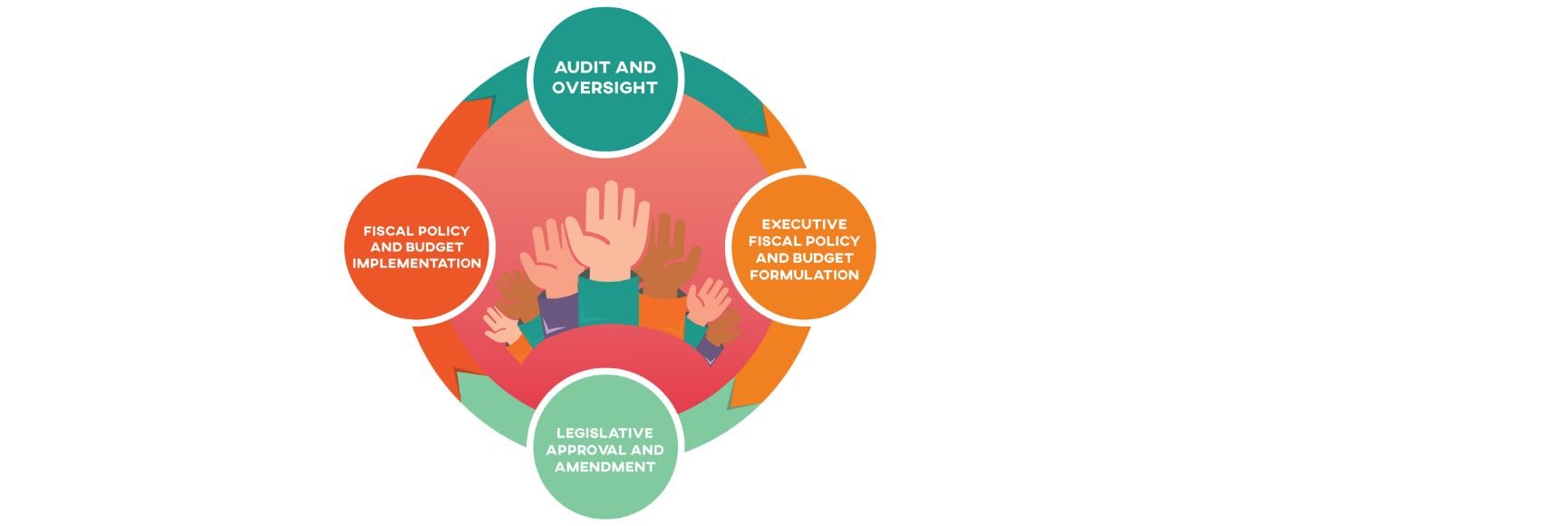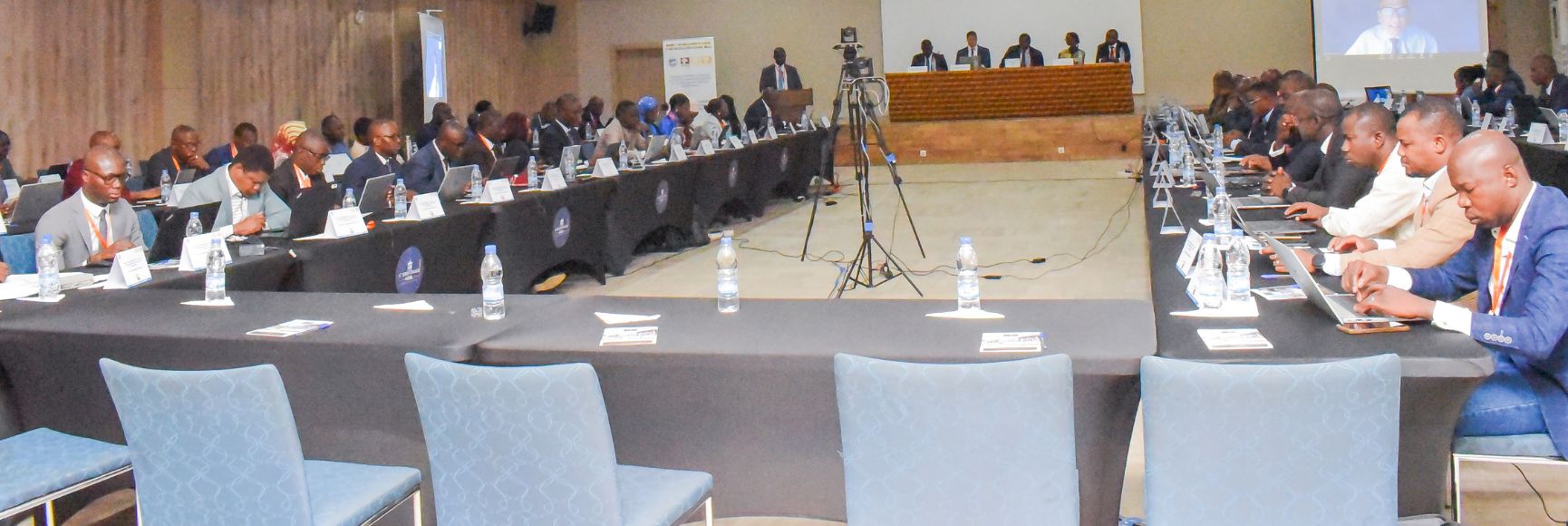Establishing effective public participation in the budget process is challenging. To assist in overcoming these constraints, governments can tap civil society as key partners in setting up mechanisms that incorporate both the government’s and citizens' perspectives on how to design and implement public participation. It has been shown that participation can help governments to better respond to the public’s needs and can facilitate more effective and efficient execution of public resources[1].
In this vein, the Fiscal Openness Accelerator (FOA) project[3], launched in 2020 by the Global Initiative for Fiscal Transparency (GIFT) and the International Budget Partnership (IBP), uses a collaborative approach to advance public participation in the budget cycle of five African countries—Benin, Liberia, Nigeria, Senegal and South Africa. The main goal is to enhance the openness and responsiveness of the national budget process.
Under the FOA project, each country’s Ministry of Finance established an advisory group comprising five to ten representatives from government and civil society organizations (CSOs), with the role of providing the finance ministry with feedback and recommendations on the selection, design, and implementation of the country’s public participation initiative. These groups were also tasked with monitoring the impact of the participatory mechanisms. The exercise was designed to encourage budget authorities to create an effective partnership and dialogue with CSOs, in an open and participatory setting, thus fostering co-responsibility and co-ownership of the process.
Over the past two years, despite challenges posed by COVID-19, these groups have worked to improve public participation at the national level. Some early successes are as follows:
- Benin’s Ministry of Economy and Finance launched the BousProb mobile application in March 2022. This tool publishes key information on the budget and the budget cycle. Responding to feedback received from civil society, the ministry was able to add new features to the tool, thus promoting public engagement in each phase of the budget process.
- In South Africa, members of the Imali Yethu coalition of civil society organizations worked with the National Treasury to design pre-budget consultations, disseminate information to the public, and encourage more sectors to participate in the budget process. They organized a public consultation event in September 2021 that synthesized all recommendations and inputs received from the civil society participants.
- Advisory group members in Liberia, Nigeria, and Senegal worked in close collaboration to co-create detailed action plans for the development and implementation of pre-budget consultations in 2022.
These early successes show how the establishment of civil society advisory groups can provide a useful platform for improving public participation in fiscal policy and budgeting. They also provide the following lessons in setting up effective structures for participation:
- The leadership and political will of the finance ministry are key to moving the process forward, overcoming challenges, and working with line ministries. But other advisory group members also play an important role in getting political buy-in within and outside the executive, raising awareness, and expanding the number of sectors who participate in the dialogue on budgetary policies and priorities.
- Inputs from civil society enrich discussions and challenge preconceived notions. They can also reduce potential resistance of ministries of finance, especially by identifying opportunities for public participation that complement and enhance the existing budget dialogue and create spaces where public participation can feasibly take place within a crowded budget calendar.
- Regarding the composition of advisory groups, government representatives should come from units responsible for budget policy and implementation. Civil society representatives ideally should have the necessary technical skills and capacity to engage collaboratively with public officials and represent the views of various stakeholders, especially marginalized and vulnerable sectors.
- Fiscal transparency and public participation peer-learning and capacity-building activities are likely to increase understanding of the value of participatory budgeting, and the role that civil society groups can play in this process.
- Having clear rules of engagement is key in ensuring that the expectations of the various actors are aligned. The finance ministry should clarify the areas of debate on budget issues that are acceptable or off limits. Within the FOA process, a Terms of Reference establishes clear process objectives as well as the roles and responsibilities of the various advisory group members.
[1] See Petrie, M. (2017, June 07). Public Participation in Fiscal Policy. Public Financial Management Blog. https://blog-pfm.imf.org/pfmblog/2017/06/public-participation-in-fiscal-policy-posted-by-murray-petrie1-direct-engagement-between-citizens-and-governments-is-incr.html
[2] The FOA project is supported financially by the United States Department of State.
Note: The posts on the IMF PFM Blog should not be reported as representing the views of the IMF. The views expressed are those of the authors and do not necessarily represent those of the IMF or IMF policy.





